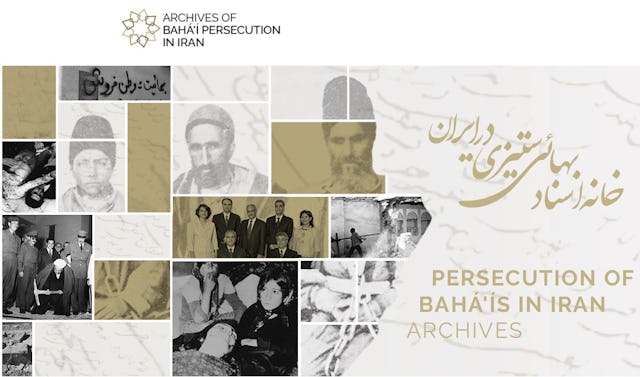Leading lawyers take Iran to task
BIC GENEVA — In an open letter released yesterday, 25 prominent intellectuals and experts in human rights law called on Mohammad Javad Larijani, Head of the High Council for Human Rights in Iran, to acknowledge the long-standing state-sponsored persecution of Baha’is in Iran in light of newly-released and abundant evidence. Publication of the letter was first reported earlier today by British newspaper The Times.
The letter follows the recent launch of the Archives of Baha’i Persecution in Iran website, which compiles thousands of official documents, reports, testimonials, and audio-visual materials revealing irrefutable proof of relentless persecution. The new site was created in response to rising interest within and outside Iran to understand the depth and breadth of the persecution of Iran’s Baha’is.
Mr. Larijani has in the past brazenly denied that Baha’is are persecuted in Iran. The signed letter released today cites, as an example, Mr. Larijani's false statement in October 2014 at Iran’s Universal Periodic Review at the UN, during which he claimed that Iranian Baha’is “are dealt with under the so-called citizenship contract” and “enjoy all the privileges of any citizen of Iran.”
“The records found on the new website, however, present a different story," states the letter. Drawing on the body of evidence on the site, the signatories call on Mr. Larijani to “ensure justice, to examine the website, and reconsider...previous statements.”
The information available on the archival website covers a wide range of violations by Iranian authorities, documenting systematic discrimination, arrest and imprisonment, execution, economic oppression, denial of education, acts of destruction and violence, and incitement to hatred.
“(H)ow can the prevention of thousands of young people from access to university be considered fair?”
—Open letter signed by 25 experts in human rights law
The letter reminds Mr. Larijani that the Iranian Constitution requires the government and Muslims “to treat the non-Muslim individuals with good conduct, in fairness and Islamic justice, and must respect their human rights.” It pointedly asks, “(H)ow can the prevention of thousands of young people from access to university be considered fair? How can Islamic justice be upheld when efforts are made to exclude an entire community from participating in the economic life of their own country?”
“Such a diverse array of prominent individuals interceding on behalf of the Baha’is in Iran is deeply moving,” commented Diane Ala'i, representative of the Baha’i International Community to the United Nations in Geneva. “We hope others will peruse the contents of this new website and respectfully raise their voices so that the Iranian authorities may give due consideration to the requirements of justice and truthfulness and take appreciable steps to bring the longstanding, systematic persecution of the Baha’is in Iran to an end.”
The open letter’s co-authors come from Brazil, Canada, Germany, India, South Africa, the United Kingdom, and the United States. Further information can be found at www.bic.org.

![A court verdict from the government’s Department of Justice regarding the murder of a Baha’i man which states that, “as the victim was a Baha’i at the time of accident… and the fact that the provision of blood money [diyeh] is only legally applicable to Muslims,” the accused is acquitted of charges.](https://www.datocms-assets.com/6348/1543759293-123601.jpg?&w=640&fit=crop&bg=333333&auto=format&q=50)